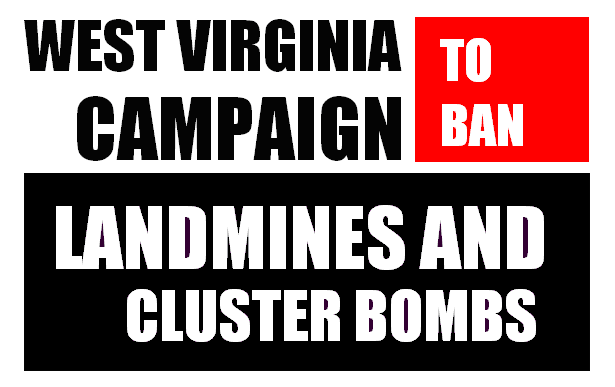Benin becomes 102nd State Party. Félicitations!
H.E. Mr. Jean-Claude do Rego, Ambassador, Permanent Representative of Benin depositing the instrument of ratification at United Nations Office of Legal Affairs. 10 July 2017 ©UN Treaty Collection
The Republic of Benin has become the 102nd State Party to the Convention on Cluster Munitions, having deposited its instrument of ratification at the United Nations’ headquarters on 10 July 2017. The Convention will enter into force for Benin on 1 January 2018.
Benin has stated that it has never used, produced, transferred, or stockpiled cluster munitions.
“This is a serious step towards the universalization of the Convention within the Economic Community of West African States (ECOWAS),” said Félix Kokou Aklavon of the West Africa Action Network on Small Arms in Togo. “Therefore, in the name of sub-regional solidarity we call on the three ECOWAS countries that have not completed their ratification process – Nigeria, Liberia, and Gambia – to do so at the earliest opportunity, in the interest of the population in the region who aspires to peace and sustainable development.”
Benin participated in the Oslo Process that created the Convention on Cluster Munitions, and was a strong advocate for a comprehensive ban. In 2013, Benin expressed its strong commitment to the convention, noting that it had not waited to implement its provisions until it became a State Party.
In 2016, Benin was among 141 states that voted in favor of the United Nations General Assembly resolution (71/45) in support of the total ban on cluster munitions. Benin has also voted in favor of recent UNGA resolutions condemning the use of cluster munitions in Syria.
The vast majority of sub-Saharan African states have joined the Convention, but 12 still need to ratify to become full States Parties. Seven countries remain outside the convention: Equatorial Guinea, Eritrea, Ethiopia, Gabon, South Sudan, Sudan and Zimbabwe. The Sahrawi Arab Democratic Republic cannot accede to the convention due to its political status, but has expressed its support for the ban on cluster munitions.
